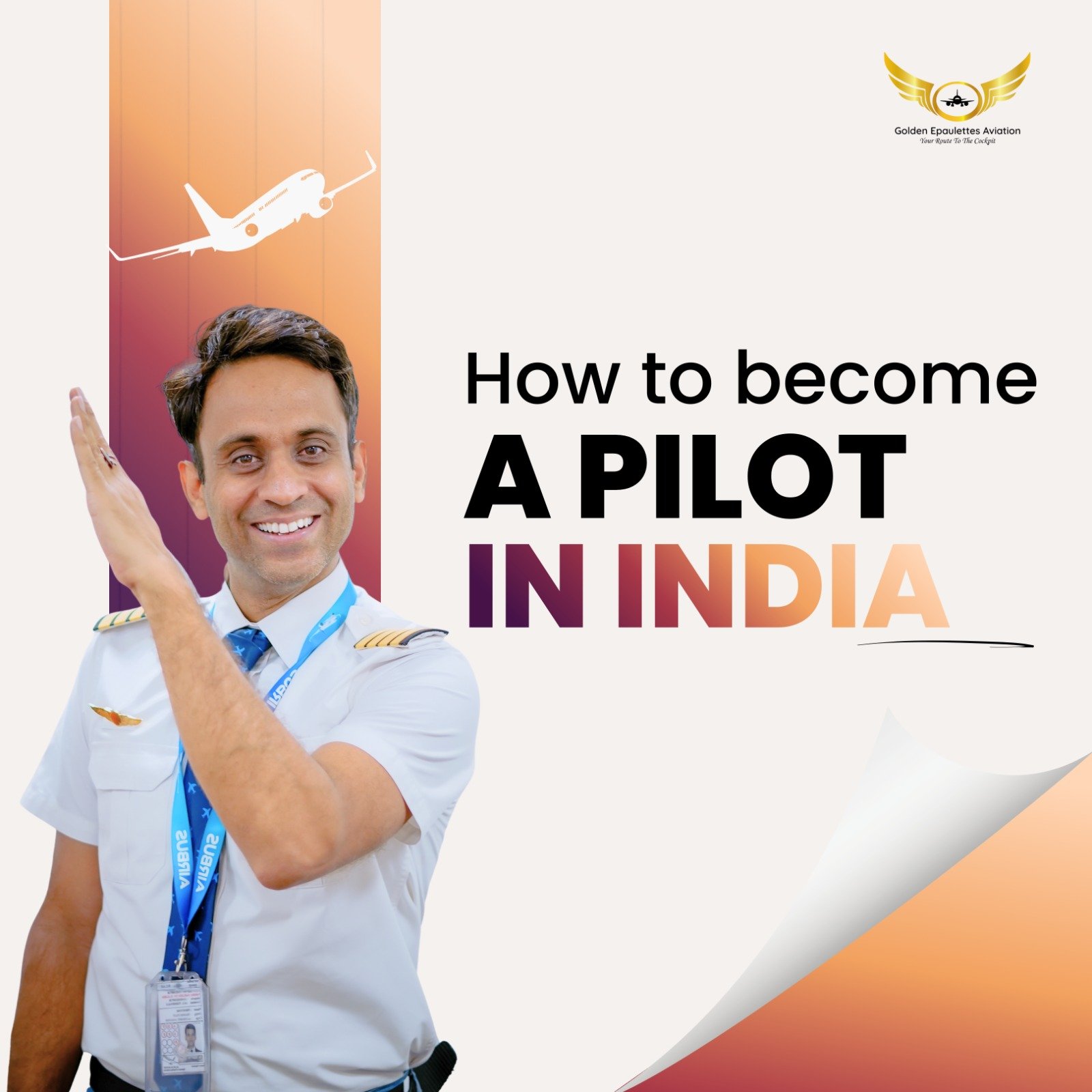Pilot Schools: The Top Aviation Institutes Worldwide
Content will be added soon
 Menu
Menu
Pilot Programs
Exploring the Different Types of Pilot Schools
Capt. Tomar Awdhesh
Author

Thank you! Our team will contact you shortly on WhatsApp.